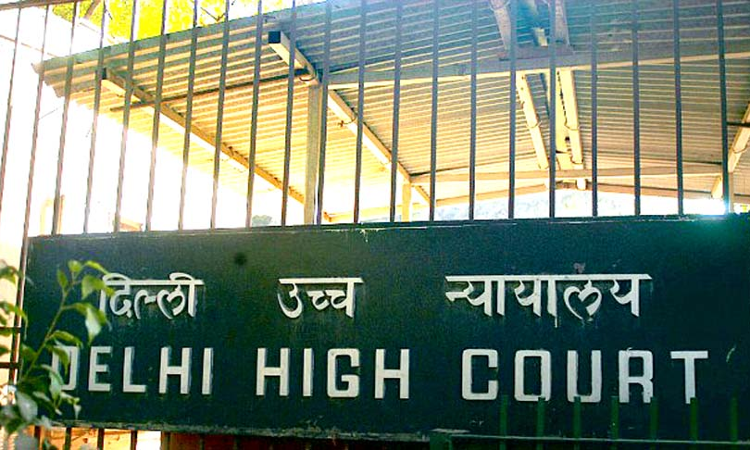The Delhi High Court has observed that a High Court, in exercise of its revisional power, cannot be seen as controlling the day to day affairs of the Trial Court. The Court was dealing with a plea challenging an order dated 2nd May, 2022 whereby the Trial Court had rejected the request of the petitioner for appointment of Local Commissioner.Justice Dinesh Kumar Sharma was of the view that due...

